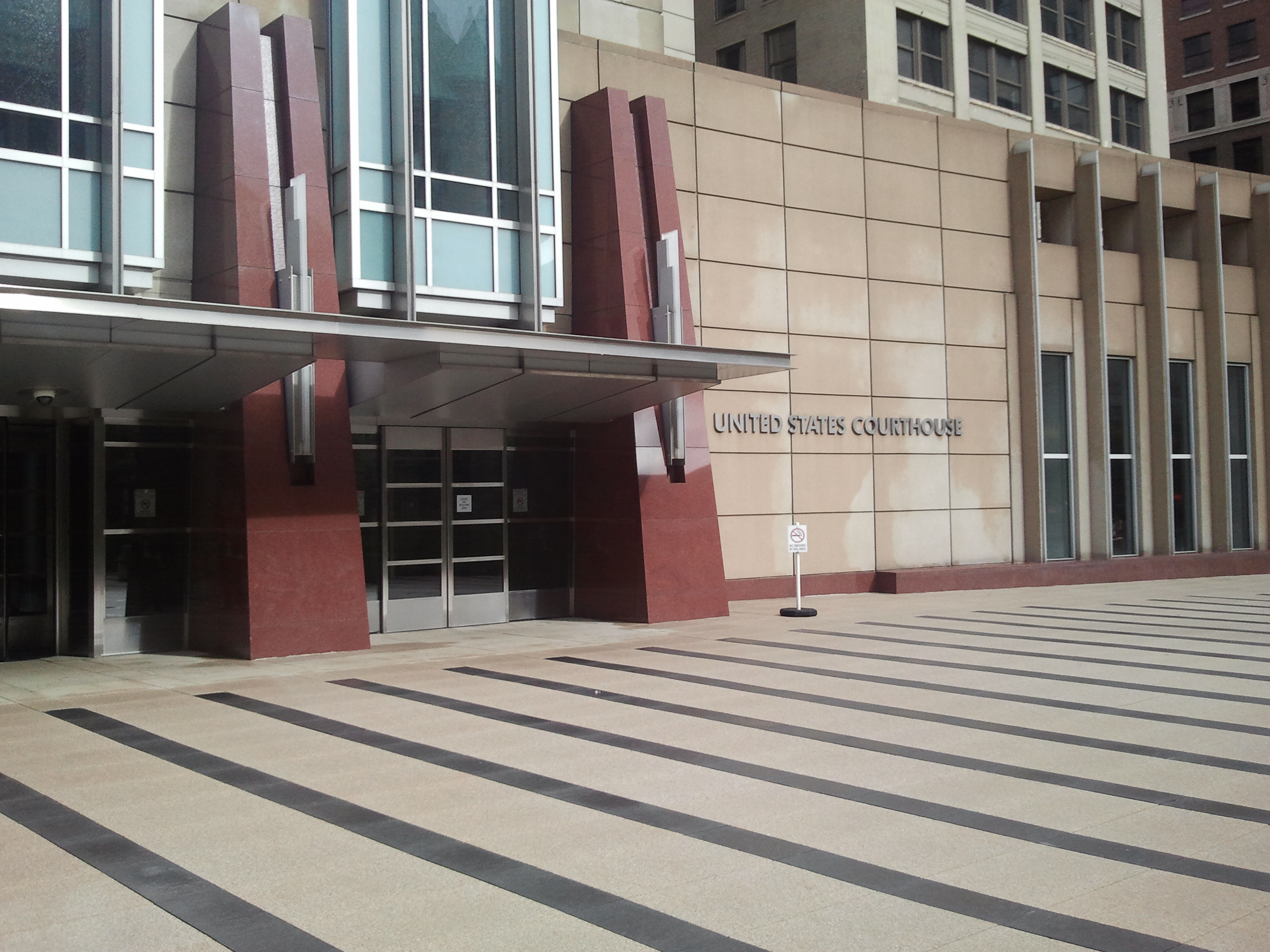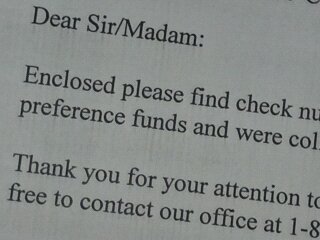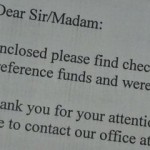
Whether you qualify for a bankruptcy and what type of bankruptcy you qualify for is largely a matter of what your household income is – gross annual income based upon and calculated from what happened over the past six calendar months. It seems to me that I just finished posting an update on these numbers, but that was in May and already new numbers have come out – effective November 1, 2012.A table showing the new numbers for Minnesota can be found on my Chapter 7 page. They are bad news for anyone who lives alone or in a two person household, since the median incomes for one and two person households have gone down this time. The median annual income for a family of one dropped by $496 per year and the median annual income for a family of two dropped by $738. For everyone else, those in households of more than two persons, the news is good. The annual median income for a family of three actually increased by $1,300. For a household of four it went up $409, and for household sizes above four it went up $409. These increases are of course per year increases, so even the largest – the one for a household of three – is only a bit above $100 per month.
I can’t explain why these numbers changed, or why there is such a difference from one size of household to another. I can only report that the change did take place. I have been watching these changes, which usually take place very six months, for several years now. It seems to me that they usually go up across the board. The fact that some have gone down this time and that the rest have not gone up by much – to me this seems to indicate serious weakness in the economy.
Whenever I am meeting with a client to go over bankruptcy possibilities, I have to explain that these median income tables are subject to change. If somebody qualifies now but is close to the edge, haste in getting the case filed might be advisable. If a person or couple is above the applicable median income, they may try doing the means test. Usually someone who is just a little bit above the median income can pass the means test and still file a Chapter 7. I have to caution, however, that above median Chapter 7 debtors are subject to much closer scrutiny by the US Trustee’s office than are those who are below the median.
Lots more can go wrong in a Chapter 7 bankruptcy when the income is above median, even if the Debtors do appear on paper to have passed the means test. Often it is safer for folks in these circumstances to file a Chapter 13.









